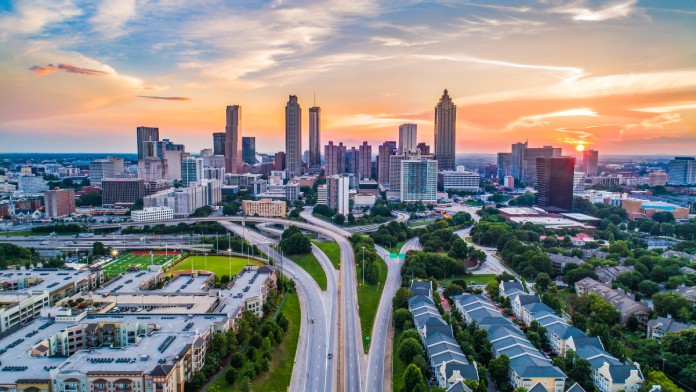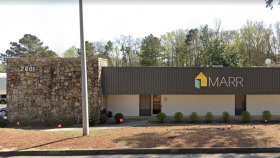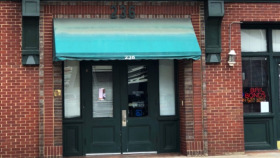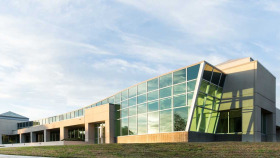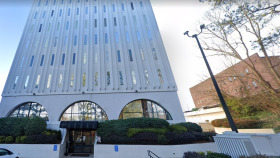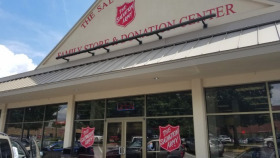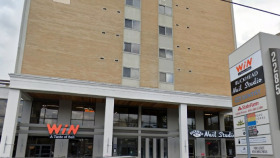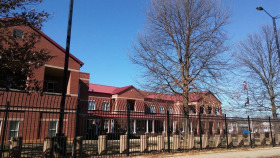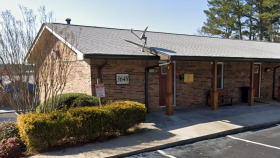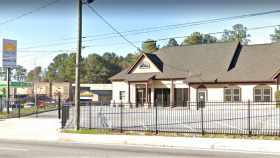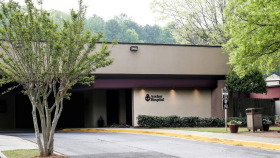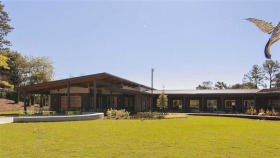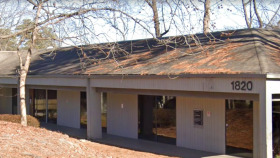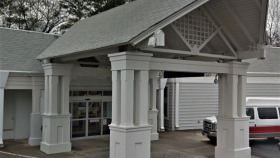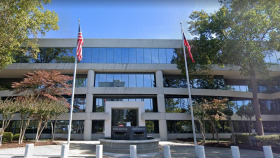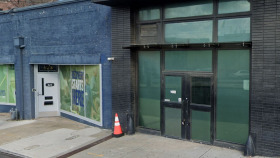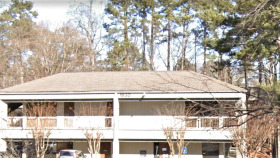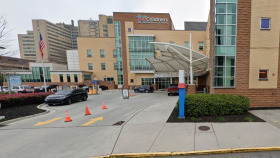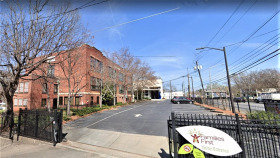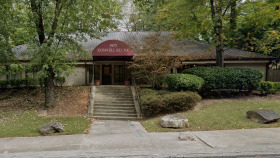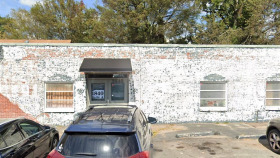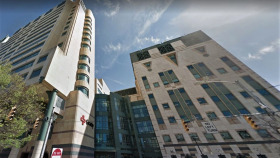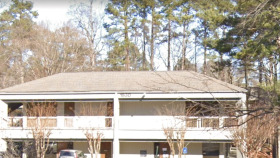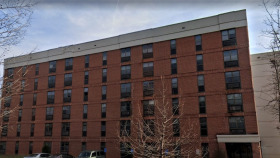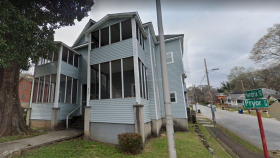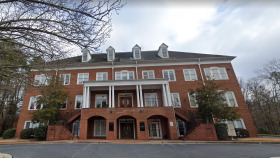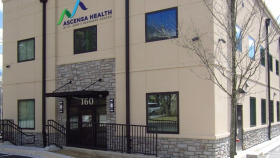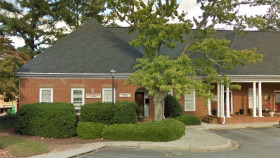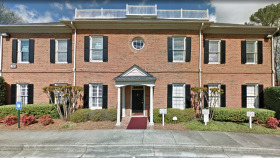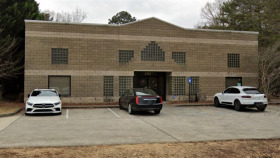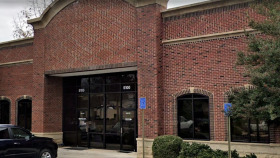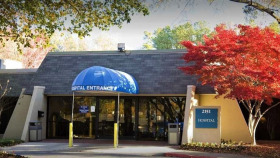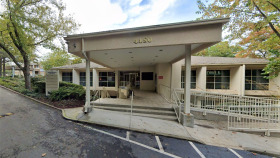Expert Insights
In July 2022, fentanyl rapid test strips, which can detect the presence of fentanyl in drug samples, became legal in Georgia. Although the move to declassify the test strips as being drug paraphernalia was controversial, many public health experts promoted the move as part of a “harm reduction” strategy. Decriminalizing the strips and making them more easily available came in response to the alarming increase in fentanyl poisoning deaths, especially among non-
intentional users.As a recovery professional, I’m still on the fence about many harm reduction strategies. But I do agree with the move to decriminalize fentanyl testing strips.
~ Rita Milios
How Expensive is Drug Rehab in Atlanta?
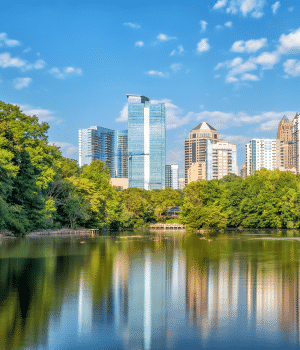 The cost of drug rehab varies depending on the type of care provided. However, you can expect to pay less for rehab in Atlanta. In 2016, the cost of intensive inpatient across the nation in 2022 was $3,582, whereas residential treatment costs $7,084. Outpatient rehab for one person in Georgia was about $1,710
The cost of drug rehab varies depending on the type of care provided. However, you can expect to pay less for rehab in Atlanta. In 2016, the cost of intensive inpatient across the nation in 2022 was $3,582, whereas residential treatment costs $7,084. Outpatient rehab for one person in Georgia was about $1,710
Inpatient rehab is more expensive than outpatient services. For outpatient treatment, you can expect to spend between $1,400 and $10,000 for 30 days. Inpatient rehab costs more and ranges between $5,000 and $20,000 based on the facility.
How Much Does Drug Rehab Cost in Georgia?
Georgia is ranked 8th nationwide in terms of addiction treatment affordability, with an average cost of drug and alcohol rehab of $55,475 (without insurance).
- Medical detox is the most expensive, with an average cost of $136,766
- Long-term inpatient drug rehab in Georgia costs an average of $48,953
- Outpatient addiction treatment in Georgia costs an average of $8,134
- Outpatient methadone treatment is the most affordable, with an average cost of $7,227
Are There Low-Cost and Free Drug Rehab Centers in Atlanta?
State-funded drug and alcohol rehabs in Atlanta, Georgia, are delivered by the Georgia Department of Behavioral Health and Developmental Disabilities (DBHDD). State funding pays for community-based rehab throughout the state. DBHDD provides alcohol and drug rehab for uninsured people as well as those on Medicaid.
As of 2024, there were over 390 drug rehab facilities across the state of Georgia. Of those treatment facilities, the following numbers reflect how many offer free or low-cost addiction treatment:
You may receive rehab from state-funded rehab if you have limited income or options. The state-funded hospital with drug and alcohol rehab for Atlanta, Georgia, is located in Decatur. You can call the Georgia Access and Crisis Line (GCAL) at 1-800-715-4225 to get connected to state-funded outpatient services. If you are experiencing a crisis, GCAL can also connect you to crisis services.
How Does Atlanta Compare in Alcohol and Drug Use?
There are numerous options for quality alcohol and drug in Atlanta, Georgia. The rehabs in Atlanta, Georgia have unique features to meet the specific needs of your situation and lifestyle. You can find suitable drug and alcohol rehabs with 24-hour care, no overnight stays, or complete outpatient services. Atlanta rehabs are located in diverse neighborhoods in the city center and in the suburbs. The variety of financing options offered by drug and alcohol rehabs in Atlanta, Georgia may reduce the cost barriers for rehab.
Among residents of Atlanta, Georgia, who were 12 years and older in 2017:
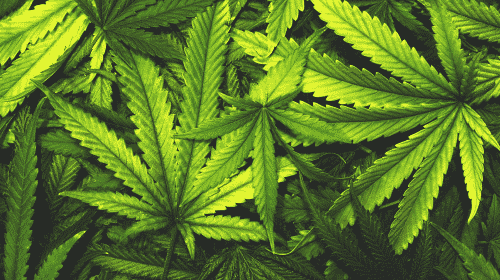
Close to 8% reported marijuana use in the past month

About 19% reported binge drinking in the past month

Nearly 2% reported cocaine use in the past year
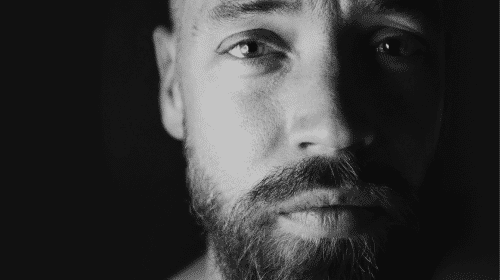
About 4% reported the use of nonmedical pain relievers in the past year
Among high school students:
About 59% reported lifetime alcohol use
Almost 36% reported marijuana use
Close to 18% reported prescription drug use
About 10% reported the use of inhalants
Nearly 7% reported cocaine use
Almost 7% reported methamphetamine use
Alcohol and Drug Laws in Atlanta
The Good Samaritan Overdose Prevention Law: Drug and alcohol laws in Atlanta protect you from criminal liability when you help your loved ones with drug conditions. You can seek medical attention for yourself or your loved one during an overdose without fear of any consequences. The Good Samaritan Overdose Prevention Law protects anyone who seeks medical assistance for themselves or another person experiencing an overdose from criminal liability.
Naloxone Standing Order: You can obtain a Naloxone without a prescription in Atlanta. Georgia has a Standing Order for naloxone prescription to prevent overdose protection. You can help your loved one by obtaining naloxone to treat overdoses in a timely fashion.
Drug Use Risk Reduction Program: Drug and alcohol laws in Atlanta require people to participate in the Drug Use Risk Reduction Program (RRP) if they are:
- Driving under the influence.
- Underage with alcohol while driving.
- Boating under the influence.
- Driving with possession of illegal drugs.
Medical Amnesty Law: People in Atlanta have limited immunity when they seek medical attention for themselves or loved ones in possession of drugs or drug paraphernalia. The Medical Amnesty law provides civil and criminal immunity for administering or possessing Naloxone. Under this law, you or a loved one may have immunity from:
- Drug or paraphernalia possession.
- Violation of patrol.
- Illegal consumption and possession of alcohol.
Resources
- National Center for Drug Abuse Statistics. (2022). Average cost of drug rehab.
- US Department of Health & Human Services. (2021). Mental health and substance use insurance help.
- Substance Abuse and Mental Health Services Administration. (2019). Treatment options.
- Atlanta Convention and Visitor Bureau. (2022). Welcome to our neighborhoods.
- Smart Recovery. (2022). Our approach: Key areas of awareness and change

